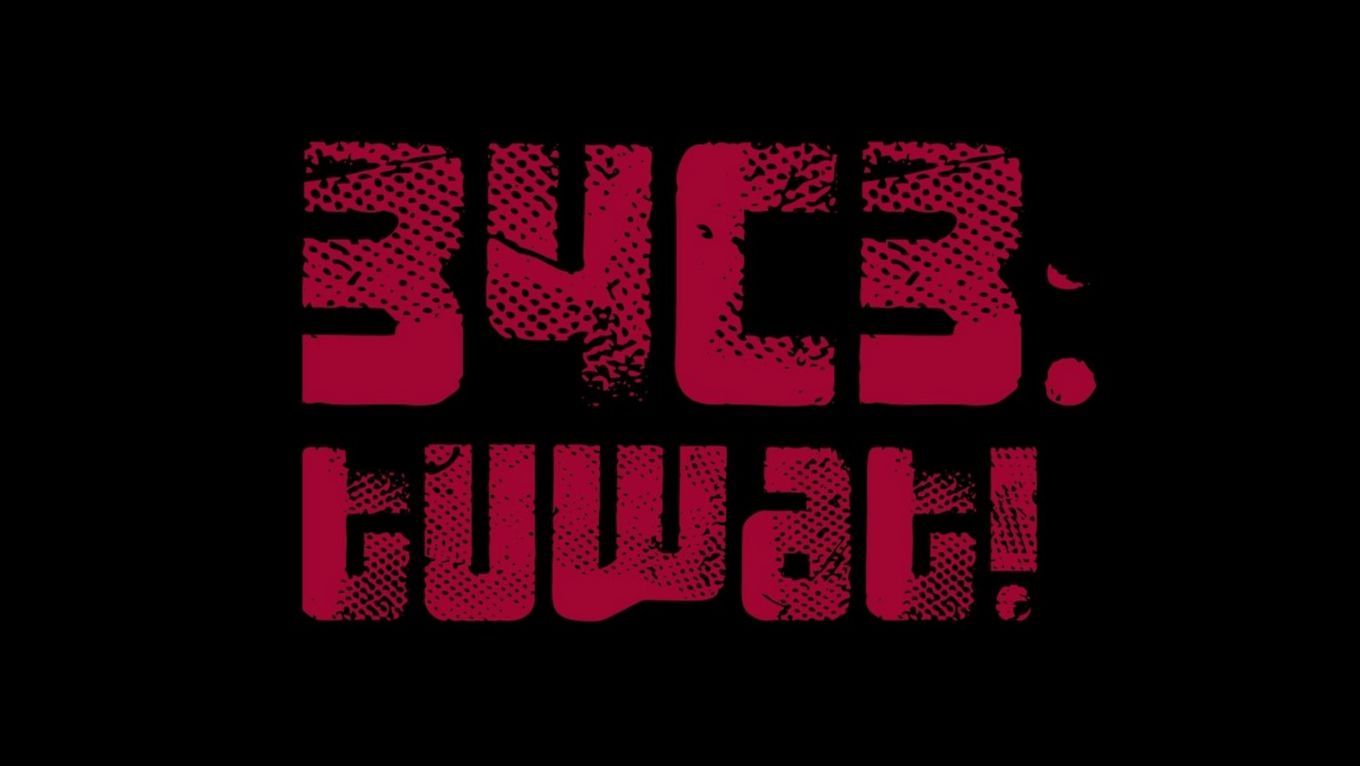Resilience
OONI: Let's Fight Internet Censorship, Together!
The Open Observatory of Network Interference
How can we take a stand against the increasing shadow of Internet censorship? With OONI Probe you can join us in uncovering evidence of network interference!
During this talk we will give you an overview of the challenges people around the world face when accessing the internet. In 2017, we have witnessed multiple cases of Internet censorship being used as a tool to suppress controversial political views. We've also seen increasing censorship of conversations between individuals, reflected by the blocks on chat networks like WhatsApp and Signal.
OONI, the Open Observatory of Network Interference is a project for documenting and revealing these violations of Internet Connectivity. In 2017, we released mobile applications, reported on policy changes, expanded our testing to detect throttling, and now process close to 100,000 measurements from over 200 countries each month. We'll share how we're thinking about increasing transparency and accountability around the issues of access and censorship, and how you can join this growing, open, movement.
Additional information
| Type | lecture |
|---|---|
| Language | English |
More sessions
| 12/27/17 |
Gesundheit als entscheidender Teil von Glück und Zufriedenheit ist bis in ihre kleinsten Teilbereiche „durchkapitalisiert“. Und dieser Prozess macht auch vor humanitärer Hilfe und Krisenintervention nicht halt. In diesem Talk gehen wir auf verschiedene Beispiele ein und erklären, wie CADUS mit seinem Makerspace versucht, dieses Problem auf vielen Ebenen zu hacken.
|
| 12/27/17 |
Formal hardware verification (hardware model checking) can prove that a design has a specified property. Historically only very simple properties in simple designs have been provable this way, but improvements in model checkers over the last decade enable us to prove very complex design properties nowadays. riscv-formal is a framework for formally verifying RISC-V processors directly against a formal ISA specification. In this presentation I will discuss how the complex task of verifying a ...
|
| 12/27/17 |
Formal verification of software has finally started to become viable: we have examples of formally verified microkernels, realistic compilers, hypervisors etc. These are huge achievements and we can expect to see even more impressive results in the future but the correctness proofs depend on a number of assumptions about the Trusted Computing Base that the software depends on. Two key questions to ask are: Are the specifications of the Trusted Computing Base correct? And do the implementations ...
|
| 12/27/17 |
We shall explain the renewed interest in mix networks. Like Tor, mix networks protect metadata by using layered encryption and routing packets between a series of independent nodes. Mix networks resist vastly more powerful adversary models than Tor though, including global passive adversaries. In so doing, mix networks add both latency and cover traffic. We shall outline the basic components of a mix network, touch on their roles in resisting active and passive attacks, and discuss how the ...
|
| 12/28/17 |
In the past decade, machine learning researchers and theorists have created deep learning architectures which seem to learn complex topics with little intervention. Newer research in adversarial learning questions just how much “learning" these networks are doing. Several theories have arisen regarding neural network “blind spots” which can be exploited to fool the network. For example, by changing a series of pixels which are imperceptible to the human eye, you can render an image ...
|
| 12/28/17 |
Systems are getting increasingly complex and it's getting harder to understand what they are actually doing. Even though they are built by human individuals they often surprise us with seemingly bizarre behavior. DTrace lights a candle in the darkness that is a running production system giving us unprecedented insight into the system helping us to understand what is actually going on. We are going implement `strace`-like functionality, trace every function call in the kernel, watch the scheduler ...
|
| 12/28/17 |
Hacker culture overcomes limitations in computer systems through creativity and tinkering. At the same time, hacker culture has shaped the practice of software development to this day. This is problematic - techniques effective for breaking (into) a computer systems are not necessarily suitable for developing resilient and secure systems. It does not have to be this way: We can approach software development as a methodical, systematic activity rather than tinkering, and teach it accordingly. ...
|

